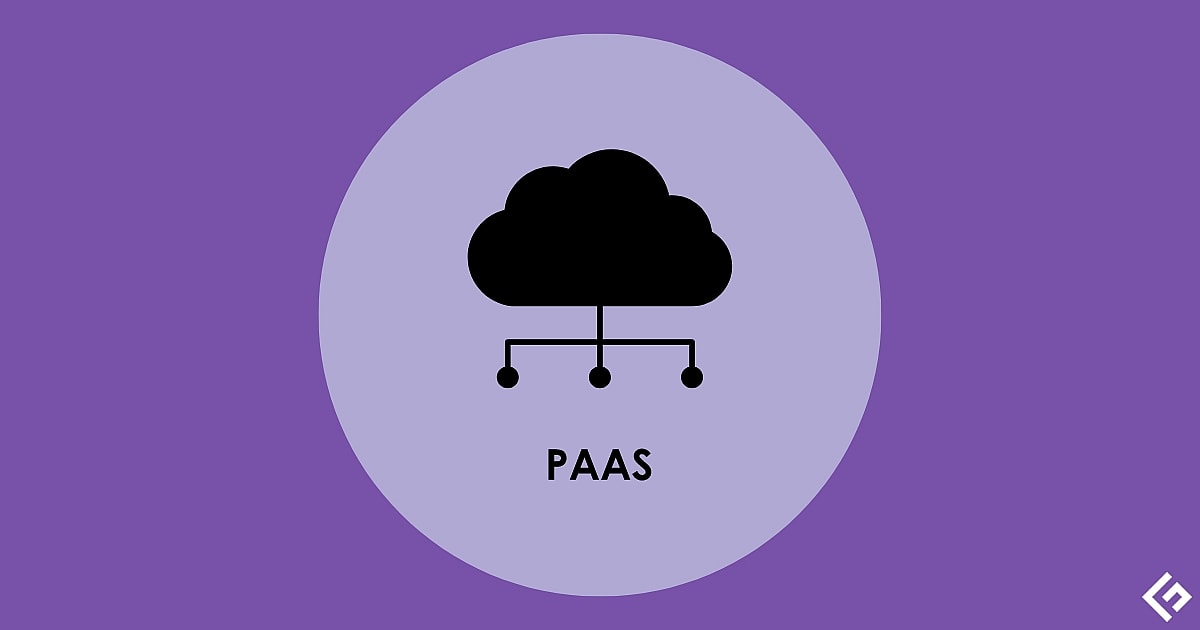
Table of Contents
A cloud computing solution known as Platform as a Service (PaaS) allows a service provider to provide a platform for building and deploying apps. Developers frequently use the capabilities of PaaS because it frees them up to focus on developing their applications instead of wasting time on setting up a platform to host and run their applications.
Of course, major providers with amazing PaaS offerings include AWS, Azure, Google Cloud, and so on. However, you don’t have to be with them all the time. If you’re a small business, many micro PaaS solutions can easily operate small apps on one or a few servers. This will get the job done and help you save a lot of money. Most importantly, it will save time, and time is money!
The most widely used PaaS software is listed below to create your own platform to run smaller applications.
Dokku
Dokku is a small Heroku that runs Bash and is powered by Docker. Using Git, you can push your application and Dokku will build and execute it in a separate container.
features:
- Simple deployment with multiple language support for Git plugin
- Enhance Dokku to add and modify features you like.
- Easy-to-use commands for logging, user administration, application management, etc.
- User-defined check options are available for zero-downtime deployment.
- Dokku can be installed on your server or launched with one click on Azure, DigitalOcean or Kamatera.
Virtuozzo
With Virtuozzo, you can get a multi-cloud DevOps PaaS solution that accelerates development, lowers IT infrastructure costs, increases uptime and improves security. It offers a limited-featured light edition that shares most of the features of the business and enterprise editions. However, it saves a lot of money and works really well for modest applications.
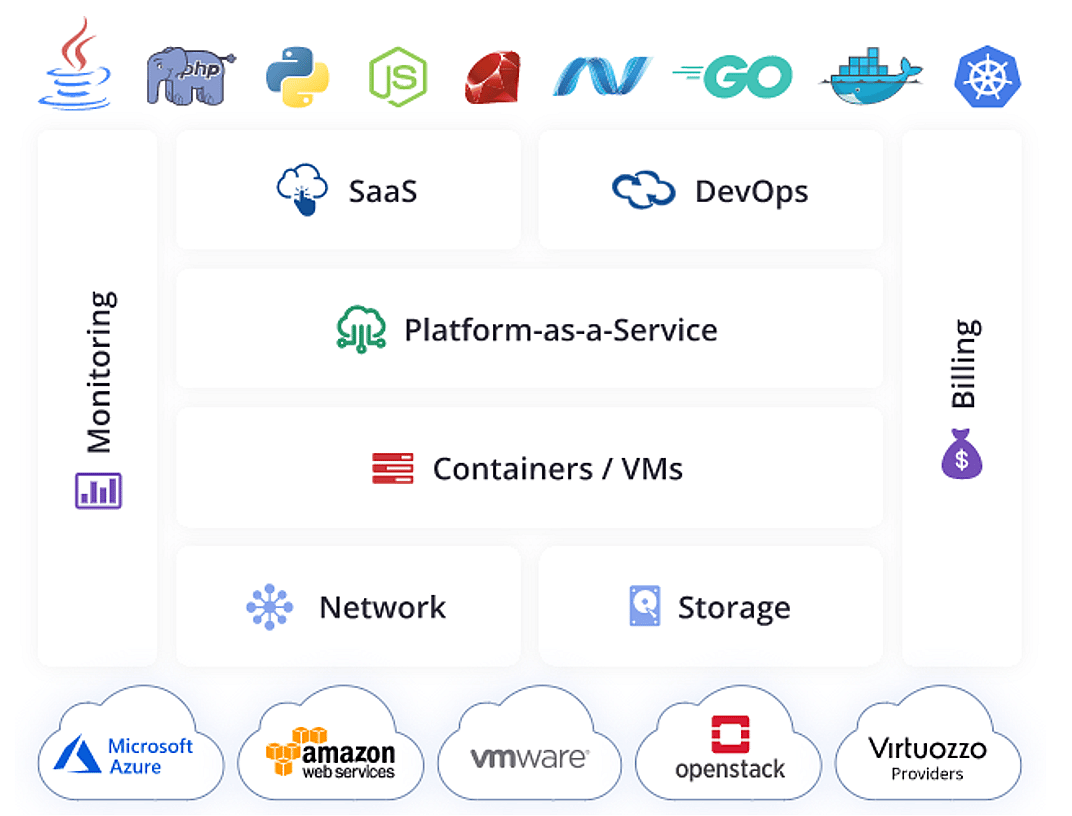
Features of Virtuozzo:
- Developer dashboard with options for application deployment
- Support for Kubernetes and containers
- Autonomous scaling in both vertical and horizontal directions
- Database clustering, firewalls and end-user two-factor authentication
- Integrated tools for monitoring and troubleshooting
- Access to SSH, CLI and API for container management
Flynn
Flynn is an open-source Paas designed to run applications on any Linux-enabled device. It gives Dev and Ops teams a platform to easily build, deploy and manage their products. With just a few lines, you can set up Flynn locally, install on specialized hardware, or use cloud services.
Flynn attribute
- High availability built-in MySQL, MongoDB, and PostgreSQL databases
- Integrated service discovery to connect each microservice
- Scale to meet demand only, and the cloud reduces bill costs.
- Experienced and committed staff to manage the Flynn Cluster on your behalf
Hephy Workflow
On a Kubernetes cluster, Heaphy simplifies the deployment and management of workflow apps. It is a branch of the 2017-founded Deis Workflow. The Deis Workflow team shifted their focus to Microsoft Azure projects in 2018 and stopped working on them.
The Hephy process consists of several separate, independent services that come together to form a distributed PaaS. A Kubernetes cluster is used to deliver these components as a service. Workflow has two user classes: administrators and regular users.
Application creation and deployment features are available to the average user. An administrator will have owner access to the program and can perform all actions performed by a regular user.
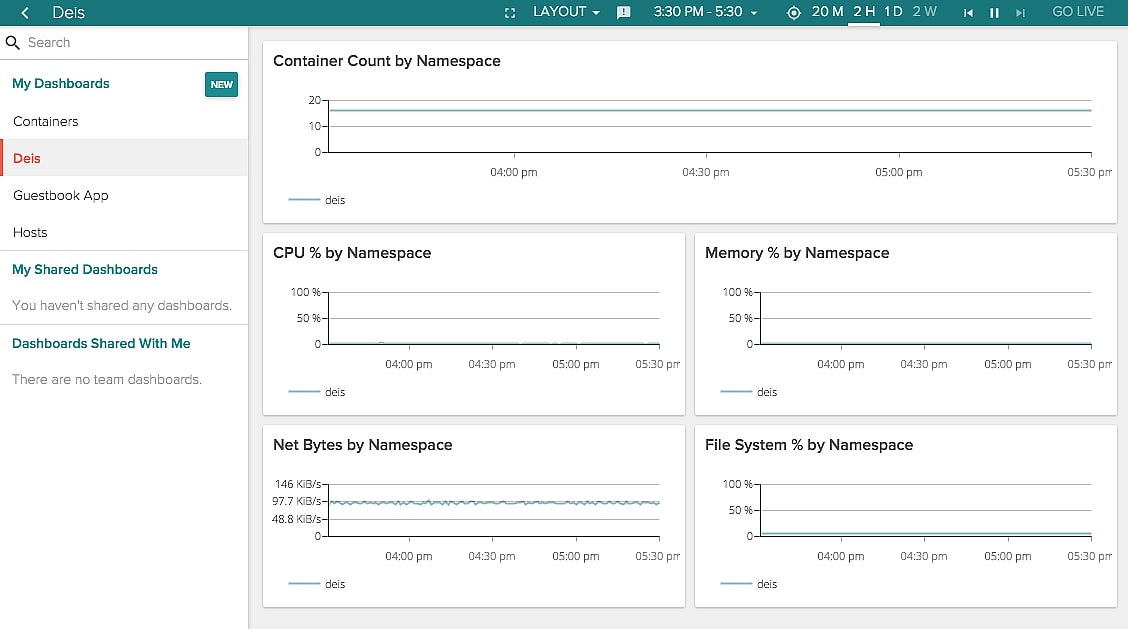
Features of Heaphy Workflow:
- Image builder for apps to compile code from buildpacks
- Dockerfiles HTTP/HTTPS edge routing
- Release and rollback of applications
- REST API for integration and CLI
- Authorization and authentication to protect apps
CapRover
CapRover is a fully automated application platform that is really easy to use. If you’re familiar with Heroku, CapRover can be thought of as an open-source, extremely powerful Heroku.
CapRover can be used for various tasks, such as hosting WordPress, PHP, Java, Node.js, MongoDB, MySQL, Nginx etc.
Features of CapRover:
- Interface for command-line scripting and automation
- A web GUI that allows users to see every action related to their application
- Let’s Encrypt: Nginx for load balancing; Docker Swarm for containerization and clustering; Free SSL Certificates
Tsuru
Tsuru is an open-source, lightweight and user-friendly Paas. For example, if your Python application is running concurrently with a MongoDB server instance, Tsuru can combine the two and operate both simultaneously. Your application is executed in a Docker container.
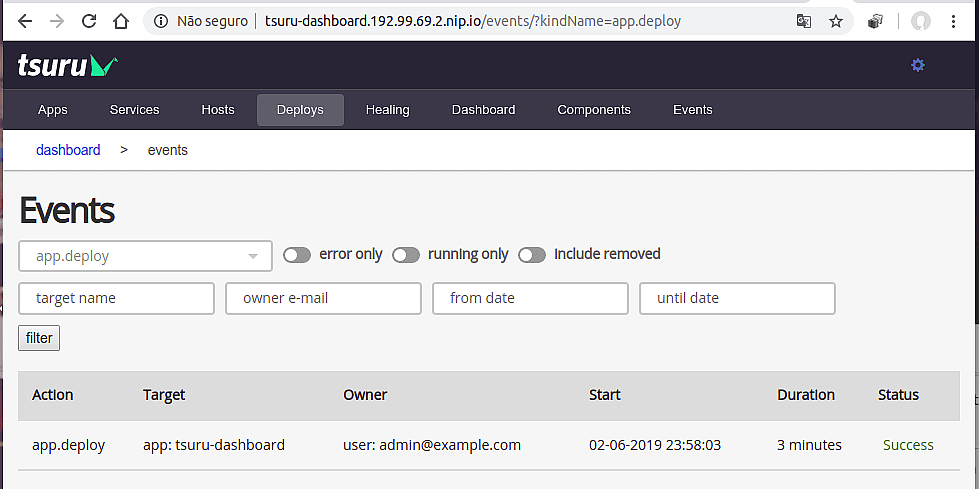
Features Tsuru
- Scale your application dynamically with ease
- Uses a distributed architecture to run programs and consume resources.
- It is capable of running programs written in any language
- 12-component apps are not an option.
- All it takes is a simple git push to deploy your application instantly.
- Simple IaaS integration with Apache Cloudstack and AWS EC2
Piku
The smallest platform as a service is called Piku, similar to Heroku or CloudFoundry. Piku uses git push to deploy applications to your own servers; It was inspired by Dokku. It is compatible with POSIX environments including Cygwin, FreeBSD, Linux, and the Windows Subsystem for Linux.
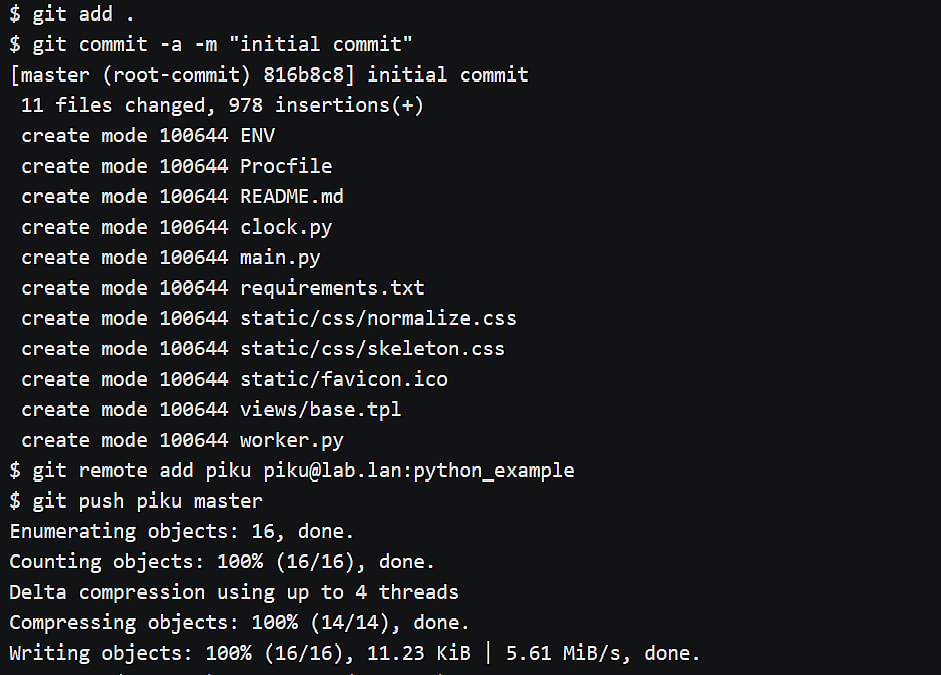
Piku Properties:
- Facilitates Heroku-style workflows with functional code to streamline the user experience
- Apps built in Node.js, Go, Python and Closure (Java) are supported
- Whenever possible, backward compatible
- Follows the 12-factor app
Conclusion
why do you stop Try the above mentioned products now to build your PaaS. Since most of them are open-source, you can buy a cloud server and experiment to see which configuration works best for you.
READ | 10 Cloud cost optimization services for GCP, AWS, Azure and other vendors…


1 thought on “Empower Your Vision: Build Your Own Mini PaaS With These 7 Powerful Programs”